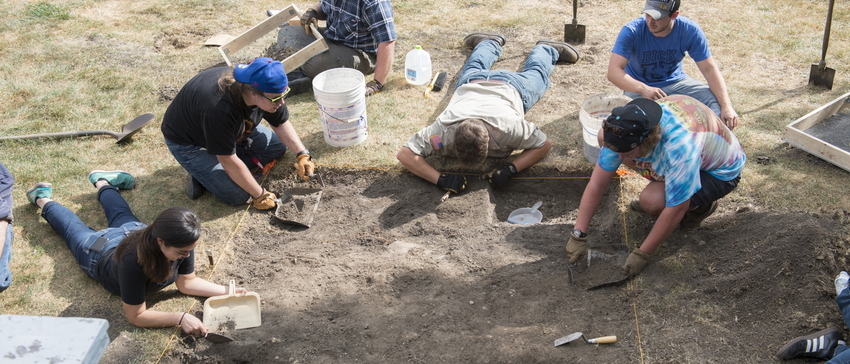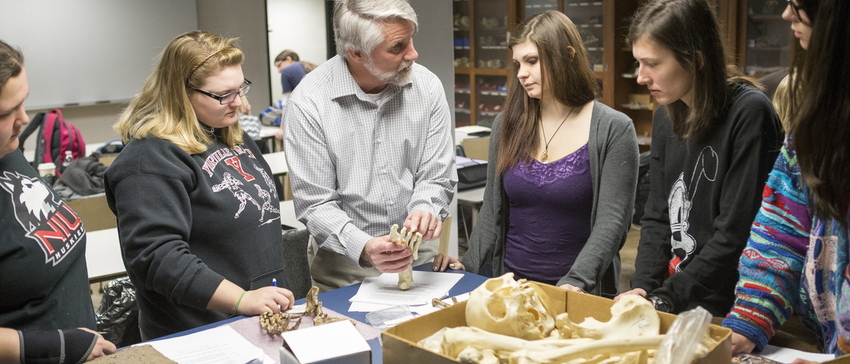Department of Anthropology
Discover how anthropology comes alive through our faculty, staff and students. We are proud of our premier undergraduate and graduate programs that engage students to actively understand the human condition and our primate relatives.
News
- Dana Bardolph-Carlsen co-authored an open-access article, "Multiple inequalities in every meal: theorizing the intersectional erasure of food producers both past and present" for the journal Food, Culture, and Society
- Bennardo, G., V.C. de Munck, S. Chrisomalis (Eds.). (2024). Cognition In and Out of the Mind: Advances in Cultural Model Theory. London: Palgrave-MacMillan.
- Congratulations Dr. Bennardo on your STAR Professorship
- View spring 2023 Anthropology Newsletter
- Dr. Giovanni Bennardo has co-edited a special section titled Cultural Model Theory: An Evolving Relationship, for the Journal of Qualitative Psychology (Vol. 10, Issue 2, June 2023)
- Drs. Mitch Irwin and Karen Samonds (biology) are featured on NIU’s new Research and Innovation website. Check out a video about their work.

